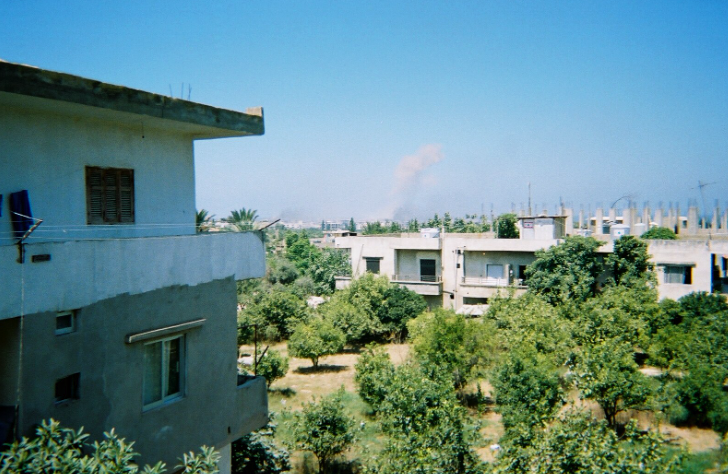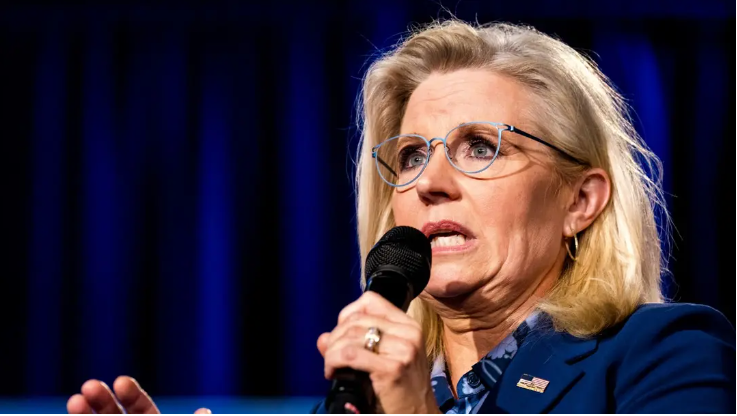Lebanese Army Warns It May Intervene Amid Palestinian Clashes
Caretaker Lebanese PM Najib Mikati called Palestinian Pres. Mahmoud Abbas on Thursday to demand an end to the fighting that has raged in the Ain el-Hilweh Palestinian refugee camp outside of the coastal city of Sidon, warning that the Lebanese army may soon intervene.

Facts
- Caretaker Lebanese PM Najib Mikati called Palestinian Pres. Mahmoud Abbas on Thursday to demand an end to the fighting that has raged in the Ain el-Hilweh Palestinian refugee camp outside of the coastal city of Sidon, warning that the Lebanese army may soon intervene.1
- The clashes began almost a week ago between Fatah, a political party and armed group that controls the Palestinian Authority (PA) in the West Bank, and Islamist armed groups in the camp. More than a dozen have been killed in the fighting, with even more wounded and thousands displaced.1
- Palestinian officials claim a gunman tried to assassinate Islamist militant Mahmoud Khalil, killing his companion instead. Later, Islamist militants assassinated a Palestinian military general and three aides from Fatah, sparking the fighting.2
- Multiple short-lived ceasefires have been put in place but have so far failed to quell the fighting. Fatah accused the armed groups Jund al-Sham and Shabab al-Muslim of starting the conflict. PM Mikati has called the clashes a "flagrant violation of Lebanese sovereignty."3
- Hassan Nasrallah, the leader of Hezbollah, a powerful Iranian-backed political party and armed group, called for a cessation of hostilities earlier this week. Hezbollah, which controls most of southern Lebanon and previously fought wars with Israel, has ties to some Palestinian factions.4
- Ain el-Hilweh was established in 1948 to host Palestinians displaced during the establishment of Israel. Due to past agreements with the Lebanese government, the Lebanese army has no jurisdiction over the camps, and Palestinian factions are responsible for their security.5
Sources: 1Associated Press, 2Guardian, 3Al Jazeera, 4Reuters, and 5BBC News.
Narratives
- Narrative A, as provided by JNS. This is a failure of the Lebanese government to impose the rule of law and maintain the security and stability of the country, including the Palestinian refugee camps. Though Lebanon never misses an opportunity to condemn Israel, Palestinians in Lebanon are treated like second-class citizens. Mostly, though, this violence is due to the failure of the UN agency for Palestinian refugees, which only exists to propagate Palestinian political objectives.
- Narrative B, as provided by Middle East Monitor. When the camp was established, it was only intended to offer a temporary solution, not to last for 56 years. Though Palestinians are deeply discriminated against in Lebanon, ultimately the only reason for their presence in the country is because of Israel. Indeed, at times, international aid inadvertently compliments Israel's colonial policies toward Palestinians as it prepares to annex even more Palestinian land in the West Bank.






